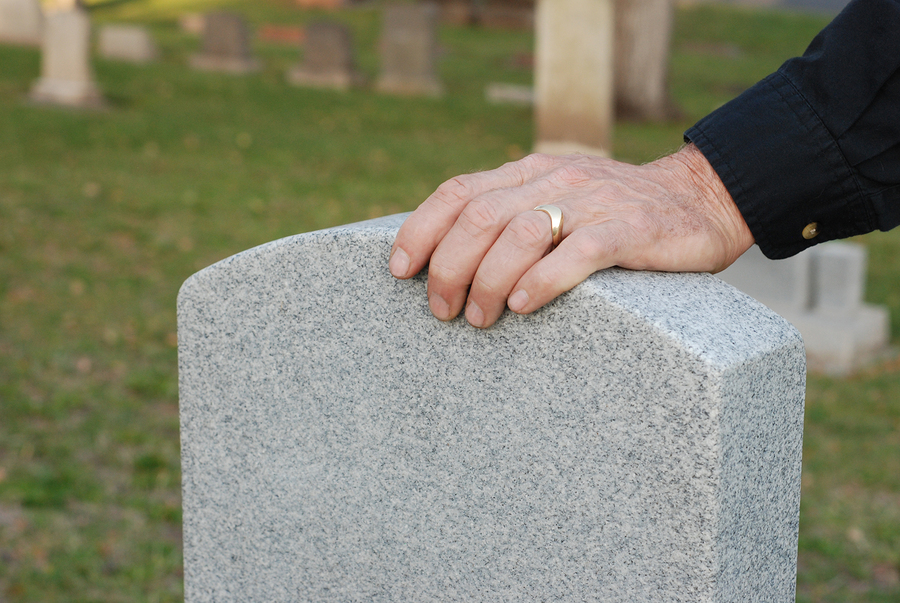These are the top 3 situations that can cause panic attacks in seniors:
Loss of Husband/Wife
Companionship is a critical part of a happy life. Once a spouse passes on, the family member left behind will lose more than a mere life partner. Family roles will become redefined; day-to-day schedules become disrupted by the absence of the primary member. When life goes on at the same busy pace, a grieving husband or wife might feel less of a feeling of drive and purpose. According to experts, when an individual loses someone with whom they’ve shared a lifetime connection, they’ll feel like part of them was amputated. This loss might cause psychological effects that can vastly hinder their physical health. Lack of interest in daily activities, a reduction in appetite, and a rise of a sense of despair may trigger a panic reaction and produce brain function imbalance.
Also, the bereaved might feel regret, fear, or guilt from unmended fences or unfinished tasks. Plus, studies show that how a loved one dies poses an additional dimension in a widowed spouse’s grief. For instance, if a husband/wife had a lengthy battle with a terminal condition, the caretaking husband/wife might experience feelings of failure, like there wasn’t enough done to keep the death from occurring the minute it happened. These thoughts may produce emotional and mental obsessions, causing panic, anxiety, and sleeplessness.
Failing Health
Once seniors experience age-associated health problems, it’s normal to experience a sense of uncertainty and fear. Some chronic conditions might produce anxiety and may be connected with risk factors in mental health. An individual with comorbidity may experience a rise in anxiety as additional symptoms arise. Sickness like heart disease and additional cardiovascular conditions, insomnia, COPD, thyroid disease, as well as diabetes may cause an increase in anxiety and leave seniors feeling poorly. Diseases causing cognitive declines like dementia, Alzheimer’s, and Parkinson’s Disease also can cause a senior to experience distress, agitation, disorientation, and panic attacks.
Physical limitations as one grows older may leave one feeling severe pain, causing a senior to fear movement and stimulating obsessive notions of being pain-free. It may cause a snowball effect of mental, emotional, and physical instability. Also, seniors with chronic pain often are at risk for the misuse of prescription drugs; chemical dependency is a huge risk factor for personality changes, sudden mood changes, and anxiety.
Depression in Older Adults
Past reflections are common later in life; seniors might have memories of past repressed traumas that might not have been addressed. It may lead to disruptive emotional upheaval, regretful feelings, a sense of hopelessness, and a fear of one’s mortality. A loss of support in the community because of health limitations may result in ongoing disappointment. With a loss of family and friends and a decline in physical capabilities, fearful feelings may trigger feelings of isolation. Once seniors experience later-life depression, it’s frequently a gradual or cumulative change. The longer these symptoms are left untreated, the more difficult it’ll be for them to rehabilitate, which increases the risk of death.


